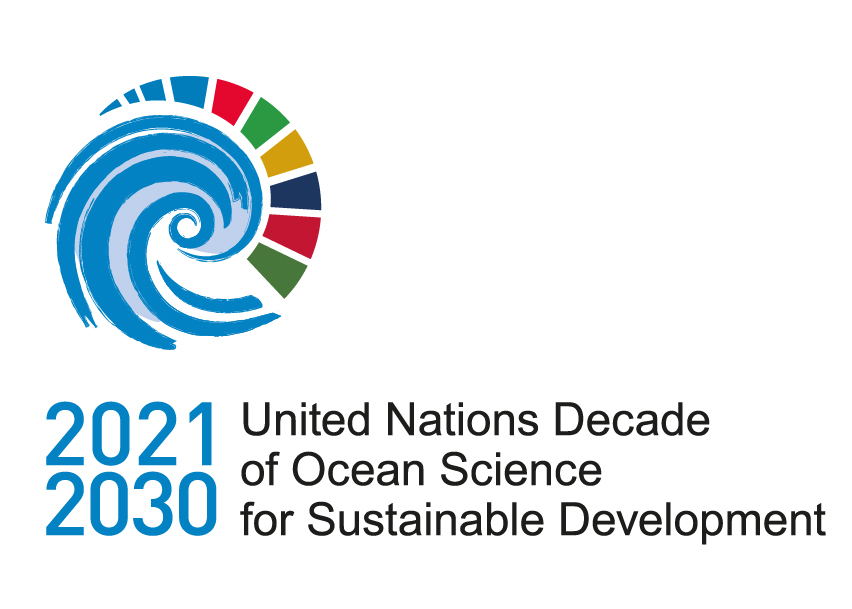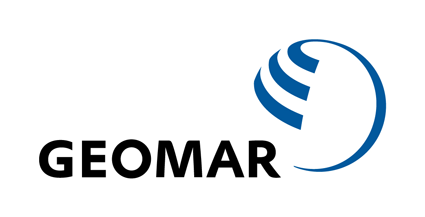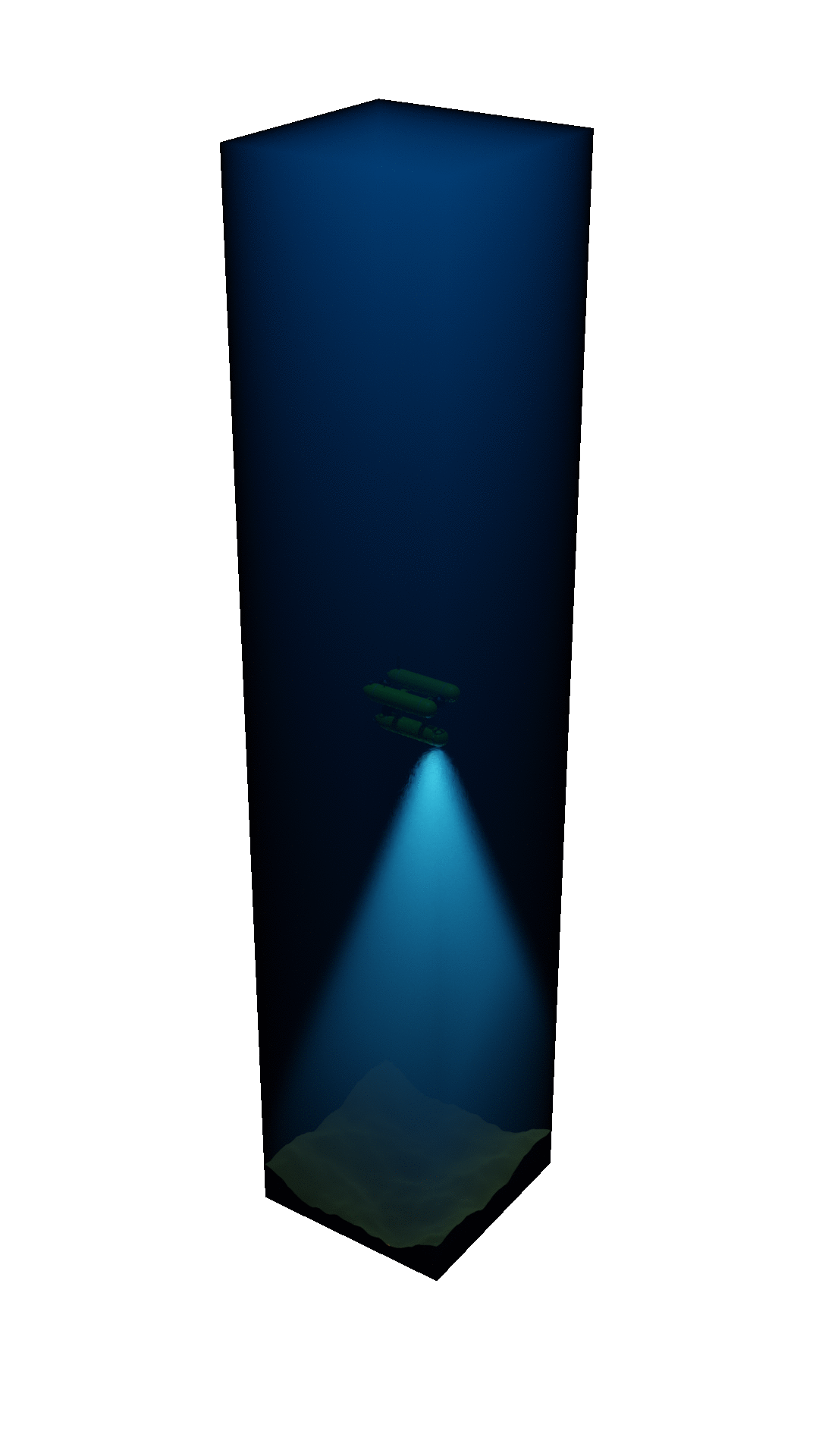Computer Vision in the Ocean
Workshop in Conjunction with
International Conference on Computer Vision 2021
The challenging setting underwater, and in particular in the oceans, often let standard computer vision approaches struggle or become unsuitable. Refraction at underwater housings can invalidate the pinhole camera model and create focus issues. Scattering and absorption of light drastically change the appearance of objects with viewpoint and typically limit visibility to a few meters. Deeper waters are inaccessible to divers, making in-situ calibration very difficult, and they are deprived of natural light, which requires robots to use co-moving spotlights in the dark.
Yet, the oceans cover more than 70% of our planet and more than half of Earth's surface lies beyond 1000m depth, most of which we still have to discover. The use of cameras and robotic platforms in the oceans is growing fast, and ocean scientists are gathering huge amounts of visual data with a clear need for robust and reliable methods for quantification, mapping, classification and understanding.
Industry is mining resources even from the deep sea and offshore installations are built and need to be maintained. The UN has declared the Decade of the Oceans, and countries and international communities want to improve or keep the health and good status of their waters, increasing the need for understanding, quantification and monitoring.

In this particular setting the computer vision community has a compelling opportunity to significantly impact this important domain. The workshop aims to bring together experts and researchers interested in learning about the challenges, current work and opportunities in underwater vision, which include (but are not limited to)
- image restoration and visibility improvement in shallow or deep water
- refractive geometry and underwater observation models
- physical models, quantitative imaging and visual simulation
- multi-spectral, hyper-spectral imaging or other modalities
- visual underwater robotics
- visual measuring, mapping and monitoring
- appearance, shape and motion of life or structures at the seafloor or in the open water
- habitat, substrate classification or segmentation
- visual characterization or quantification of marine life or processes
- robust algorithms to cope with marine snow, smoke or other nuisances
- ocean semantics, detection, tracking and classification in the ocean
- ...
All underwater vision submissions are welcome, and we are in particular encouraging contributions for the challenging settings in the ocean.
The workshop proceedings will be published along with ICCV proceedings (please note the strict camera ready deadline).
According to ICCV 2021 decision, the main conference and workshops will be entirely virtual.
In case of questions, please contact the workshop organizers.
|
|
 |
 |
| | |
Organizers: | |
Kevin Köser
GEOMAR Helmholtz Centre for Ocean Research Kiel |
Derya Akkaynak
Harbor Branch Oceanographic Institute, Florida Atlantic University |
Important Dates:
| Submission Deadline |
June 30, 2021, 23:59 AOE |
| Decision to Authors |
August 1, 2021 |
| Camera Ready |
August 15, 2021 |
| Virtual Workshop |
October 17, 2021 |

Program Committee and Reviewers:
Anthony Hoogs, Kitware, USA
Derya Akkaynak, HBOI, USA
Kevin Köser, GEOMAR, Germany
Oscar Pizarro, ACFR, Australia
Tali Treibitz, University of Haifa, Israel
Andreas Birk, Jacobs-University Bremen, Germany
Blair Thornton, University of Southampton, UK
Brian Hopkinson, University of Georgia, USA
David Nakath, GEOMAR, Germany
Deborah Levy, University of Haifa, Israel
Fabio Menna, Fondazione Bruno Kessler, Italy
Jianping Li, Shenzhen Institutes of Advanced Technology / CAS, China
Jules Jaffe, UCSD/Scripps, USA
Kakani Katija, MBARI, USA
Katie Skinner, University of Michigan, USA
Maia Hoeberechts, Ocean Networks Canada
Mark Sheinin, CMU, USA
Rafael Garcia, University of Girona, Spain
Reinhard Koch, University of Kiel, Germany
Ryan Farrell, Brigham Young University, USA
Suchi Bhandakar, University of Georgia, USA
Timm Schoening, GEOMAR, Germany
Tim Nattkemper, University of Bielefeld, Germany
|










